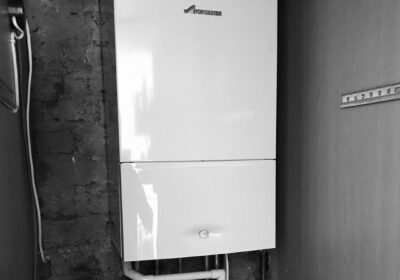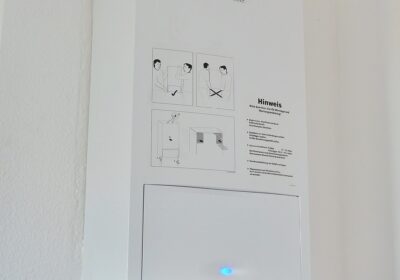Smoke and Carbon Monoxide Alarm Regulations
Smoke and carbon monoxide alarms can save lives. With this in mind, it is understandable that alarms should be a staple for every home. For landlord and tenants, it is essential to understand what you need to do to comply with The Smoke and Carbon Monoxide Alarm Regulations 2015. After all, you are four times more likely to die if there is no working smoke alarm in your home.
What are the requirements for private landlords?
From the 1st October 2015, private sector landlords have required regulations to follow. Landlords must have at least one smoke alarm installed in every storey of the accommodation. Furthermore, landlords must also have a carbon monoxide alarm in rooms that are used for living accommodation where there is the use of solid fuel. As well as this, the regulations expect landlords to install a carbon monoxide alarm where there are gas appliances too.
Finally, it is the responsibility of the landlords to check that all alarms are in good working order before the start of each new tenancy.
What happens if landlords do not comply?
As well as potentially putting lives in danger, local authorities can impose fines for any landlords that do not comply with the regulations. In fact, local authorities can impose fines of up to £5,000 if they find any landlords who are not complying with smoke and carbon monoxide alarm regulations.
If a local authority finds that a landlord is not complying with the regulations, then the local authority can issue a remedial notice. This notice will require the landlord to fit and test the alarms within 28 days. If the landlord does not comply with the notice, then the local authority can issue a civil penalty charge up to £5,000.
What are the responsibilities of the tenants?
While landlord must check that all alarms are fully functioning before the beginning of every new tenancy, tenants also have a responsibility too. Tenants are responsible for their own safety. With this in mind, tenants must test alarms regularly to ensure they are all in good working order. If alarms are not working, tenants can replace batteries themselves, or they can refer the issue to their landlord.
What alarms do landlords need to buy?
While the regulations stipulate for both smoke and carbon monoxide alarms to be installed in properties, there is no detail on which alarms to purchase. Landlords should choose their own preferred alarm brands. Landlords can also select between battery-powered or hard-wired alarm fittings. Where possible, landlords should opt for the best alarms to suit their properties and their tenants.
It is important to note that heat alarms are not a suitable replacement for smoke alarms. Heat alarms are not required with the regulations. If a landlord chooses to install a heat alarm, they must also make sure there is an adequate number of smoke and carbon monoxide alarms as well.
Need further help?
If you are in any doubt about your alarms, then your local fire and rescue service can provide assistance on installation and obtaining alarms. You can also read the regulations here.



